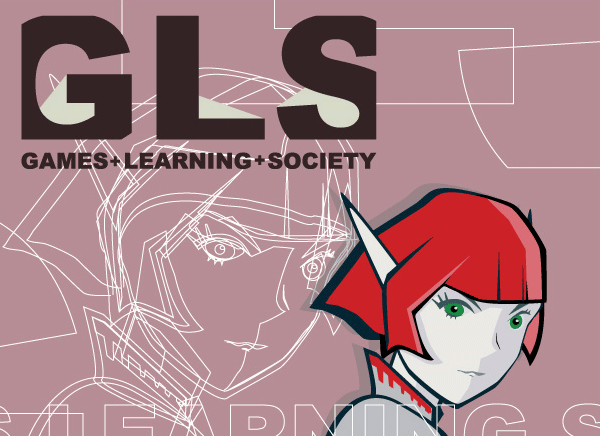MIT/UW Madison AT
Just finished meeting with Erick Klopfer and others at MIT. Major thing of note from the meeting is communication. Should you have anything that needs to be said or fixed for the AR engine, send it straight to Eric or Judy Perry. There is an order of priority and issues will be addressed in due time.
The new editor is on it's way. Should be a few weeks away from getting the new one, which we will look forward to. We spoke about issues with it. Some are basic semantic choices that need to be revised. Others are an understanding of what the game can do.
Overall the conversation went very well and we got to talk about some new ideas for implementation.
On MIT's end they are interested in seeing ways of developing the game (flowcharts, diagrams, etc) and issues that arise from the process. This will be used to help them better understand issues involving development. They want to start a website or faq to assist people using the game. We can help them build this. Using this blog site as a way document these processes.
The new editor is on it's way. Should be a few weeks away from getting the new one, which we will look forward to. We spoke about issues with it. Some are basic semantic choices that need to be revised. Others are an understanding of what the game can do.
Overall the conversation went very well and we got to talk about some new ideas for implementation.
On MIT's end they are interested in seeing ways of developing the game (flowcharts, diagrams, etc) and issues that arise from the process. This will be used to help them better understand issues involving development. They want to start a website or faq to assist people using the game. We can help them build this. Using this blog site as a way document these processes.


